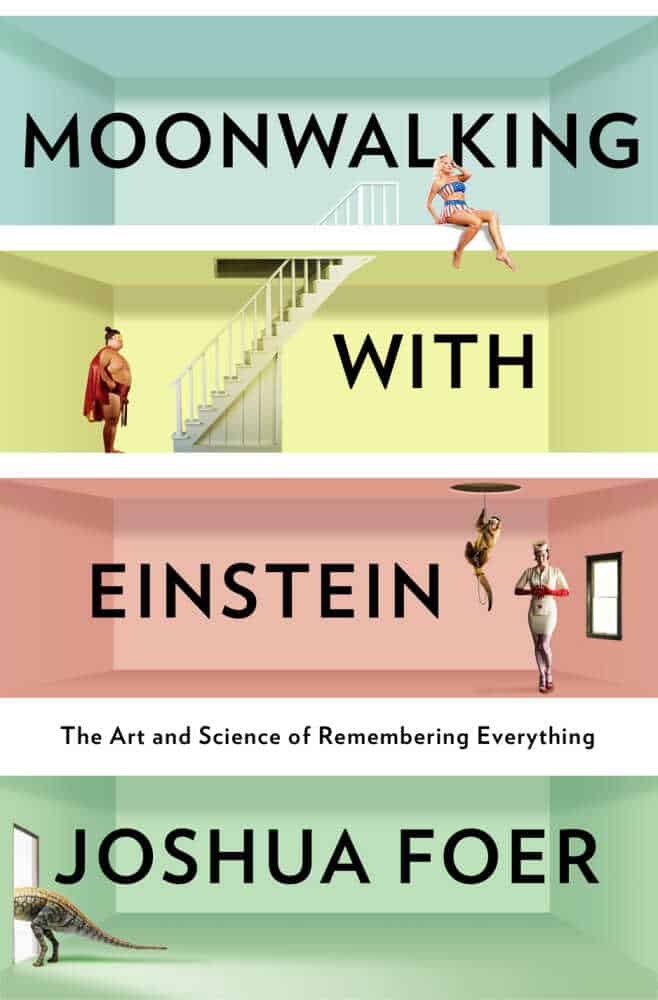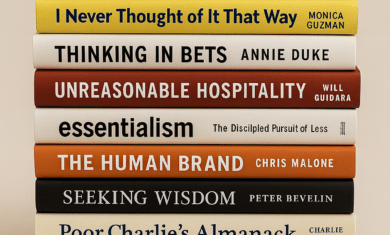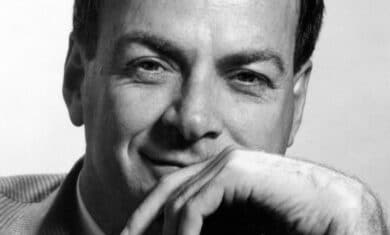Centuries ago, before we had ways to easily and reliably transfer the written word, memory and storytelling were key, as that’s really all you had. If you didn’t remember what you needed to know, you were done — there was no library to reference, much less a search engine.
Over time, though, that’s certainly changed. Many of us feel that we don’t remember things as well any more (can you recite more than five phone numbers?), and you may not be wrong. While our memory has plenty of room to expand, it’s often given a break because of the vast amounts of information at our fingertips.
As Joshua Foer put it in “Moonwalking with Einstein“:
“Forgotten phone numbers and birthdays represent minor erosions of our everyday memory, but they are part of a much larger story of how we’ve supplanted our own natural memory with a vast superstructure of technological crutches—from the alphabet to the BlackBerry. These technologies of storing information outside our minds have helped make our modern world possible, but they’ve also changed how we think and how we use our brains.”
It leads to an interesting decision of deciding what should be stored in your brain versus what you should leave for reference. As I shared a few weeks ago, we often write things down so we can forget them, but deciding what to forget is tricky.
Our brains should be used more for problem solving than for rote memorization, but there’s a place for both. As you learn and remember more, you’re able to put multiple ideas against one another and find answers to the problems you’re trying to solve.
That said, I don’t have a perfect answer for how much we should be seeking to store and I’m constantly trying to tweak that balance in my life. How do you decide what to remember and what to leave up to Google when you need it?




